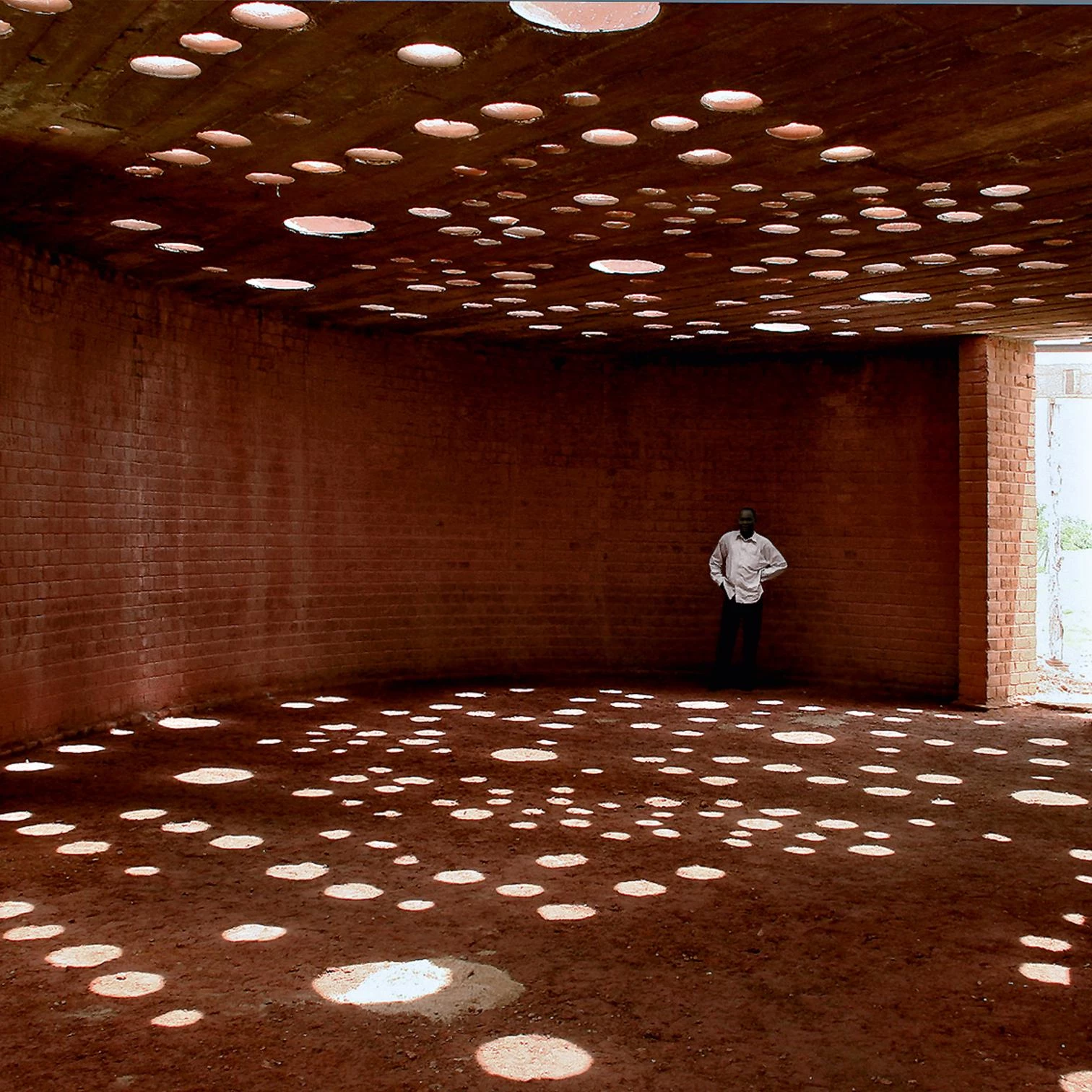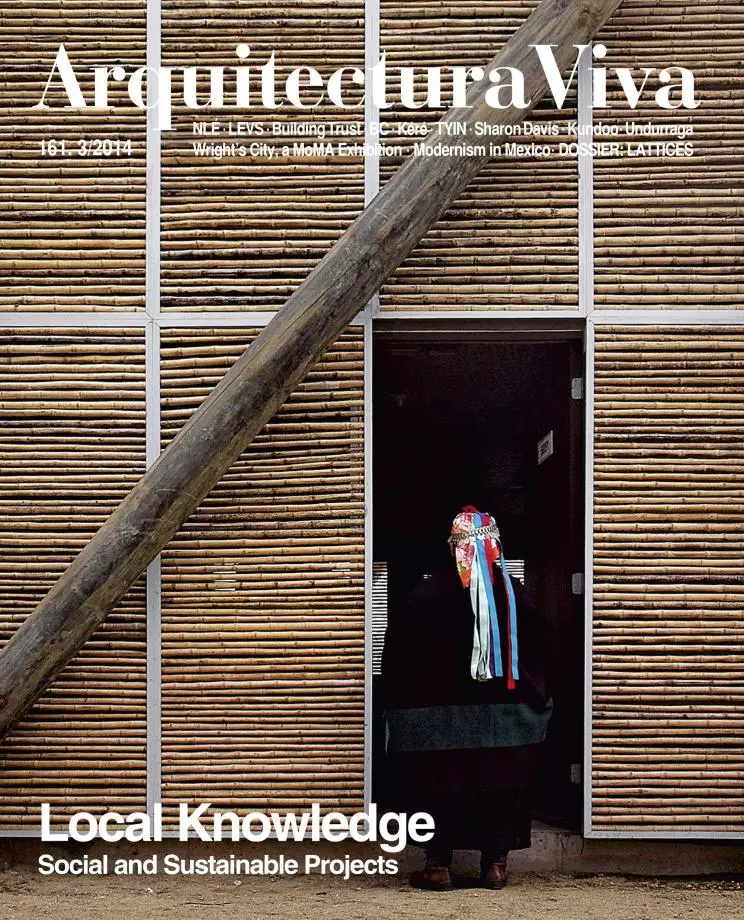
‘Think global, act local’: the ecologist motto, made popular during the 1970s but with roots in the work of pioneers like the urbanist Patrick Geddes or the engineer Buckminster Fuller, encourages us to combine environmental awareness with community activism. Born within alternative movements and later adopted by corporations, it clearly expresses the interdependence between the local and the global. Local builders must realize that each decision affects the health of the globe, and global companies must acknowledge the uniqueness of the local: just like any intervention in the immediate context is inscribed within a planetary frame, any activity in a world without frontiers must adapt to each cultural, geographic and climatic environment. Thinking globally and acting locally is indeed a motto that critical and corporate architecture can equally call their own.
Local knowledge, however, closely studies the materials available and the social practices of a community, and hopes to spread its experiences to influence larger contexts and act globally: ‘think local, act global.’ Perhaps like William Blake, the architects gathered here hope “to see a world in a grain of sand,” and struggle to contain a universe in small, exact works. If we can see heaven in a wild flower, hold infinity in the palm of a hand, and eternity in an hour, the history of our building instinct can be thus abridged in these physical and symbolic shelters, which offer at once protection and identity, dignity and hope. What the philosopher Miguel de Unamuno called ‘intrahistoria,’ which he deemed more relevant than the great history of events, can today be found in the muted music of these exemplary works, each combining local knowledge and global reach.
When years ago we dealt with this matter in Arquitectura Viva, the ‘More for Less’ of the title carried an explanatory subtitle ‘The Other Globalization, an Aesthetics of the Necessary.’ In this issue of the magazine we have chosen to present ‘Social and Sustainable Projects,’ but the different terms refer to an identical reality. That other globalization is necessarily social and sustainable, and its emphasis on the necessary has created an aesthetics that is inseparable from an ethical purpose focused on knowledge: knowledge of local resources and culture, essential for the social mobilization that is necessary to carry the projects to completion; and knowledge brought into local communities through schools or libraries, giving them intellectual tools to understand the world and change it to improve the everyday life of people.
This is the kind of local knowledge that our issue wishes to present and to promote.





